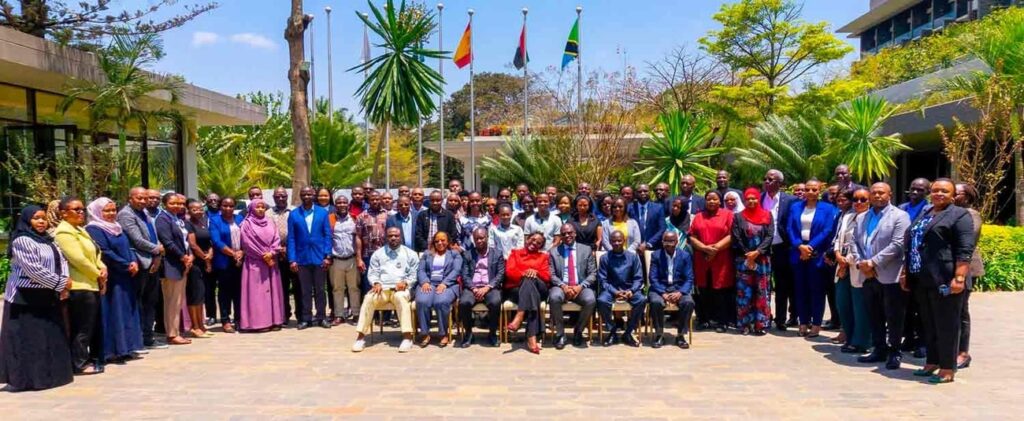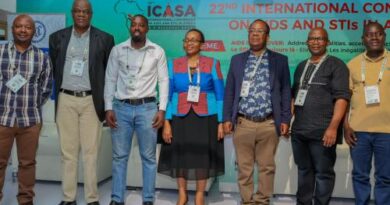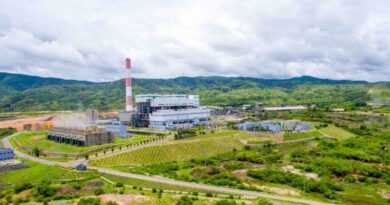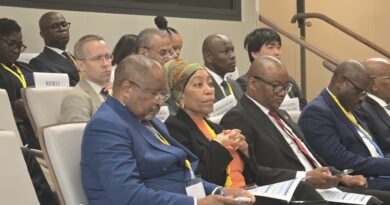Tanzania Strengthens Sustainable Development Efforts with AfDB Safeguards Training
Tanzania has reinforced its commitment to sustainable development by building stronger national capacity to apply environmental and social safeguards in large-scale projects.
More than 80 participants, including officials from government ministries, project teams, environmental agencies and development partners such as the World Bank, completed a week-long training on the African Development Bank’s Updated Integrated Safeguards System (ISS). The training took place in Arusha from 15–19 September.
Organised by the Bank’s Environmental and Social Safeguards and Compliance Department, the programme focused on practical application of safeguards, covering risk screening, environmental and social impact assessments, resettlement planning, stakeholder engagement, gender-based violence prevention and human rights considerations. Participants also explored methods to strengthen project readiness, reduce delays and improve overall project quality.
“At the African Development Bank, our mission is not only to deliver quality operations but to ensure that every investment generates lasting value for people, communities and economies,” said Duncan Ouma, the Bank’s Tanzania country economist, speaking on behalf of Country Manager Patricia Laverley. “A key element of this commitment is improving the application of environmental and social safeguards to enhance sustainability across Africa.”
The Updated Integrated Safeguards System, which became effective in May 2024, sets more rigorous standards for development projects to ensure stronger protection for people and the environment. The training also highlighted enhanced monitoring and accountability through the Bank’s Independent Recourse Mechanism.
“This training has given us clarity on how to practically apply safeguards in our projects,” said one participant. “With the new tools, we are better positioned to design projects that deliver long-term value while minimising risks.”
Tanzania is one of the Bank’s largest beneficiaries, with an active project portfolio valued at approximately $4 billion. Around 81 per cent of this investment is concentrated in infrastructure, including energy, transport and water. As the country continues to roll out major infrastructure, energy and agricultural projects, the application of these safeguards is expected to ensure that development remains sustainable, inclusive and resilient.
A government representative closing the training remarked: “Protecting people and the environment is central to building resilience. What we have learned here will directly improve how we implement projects.”



